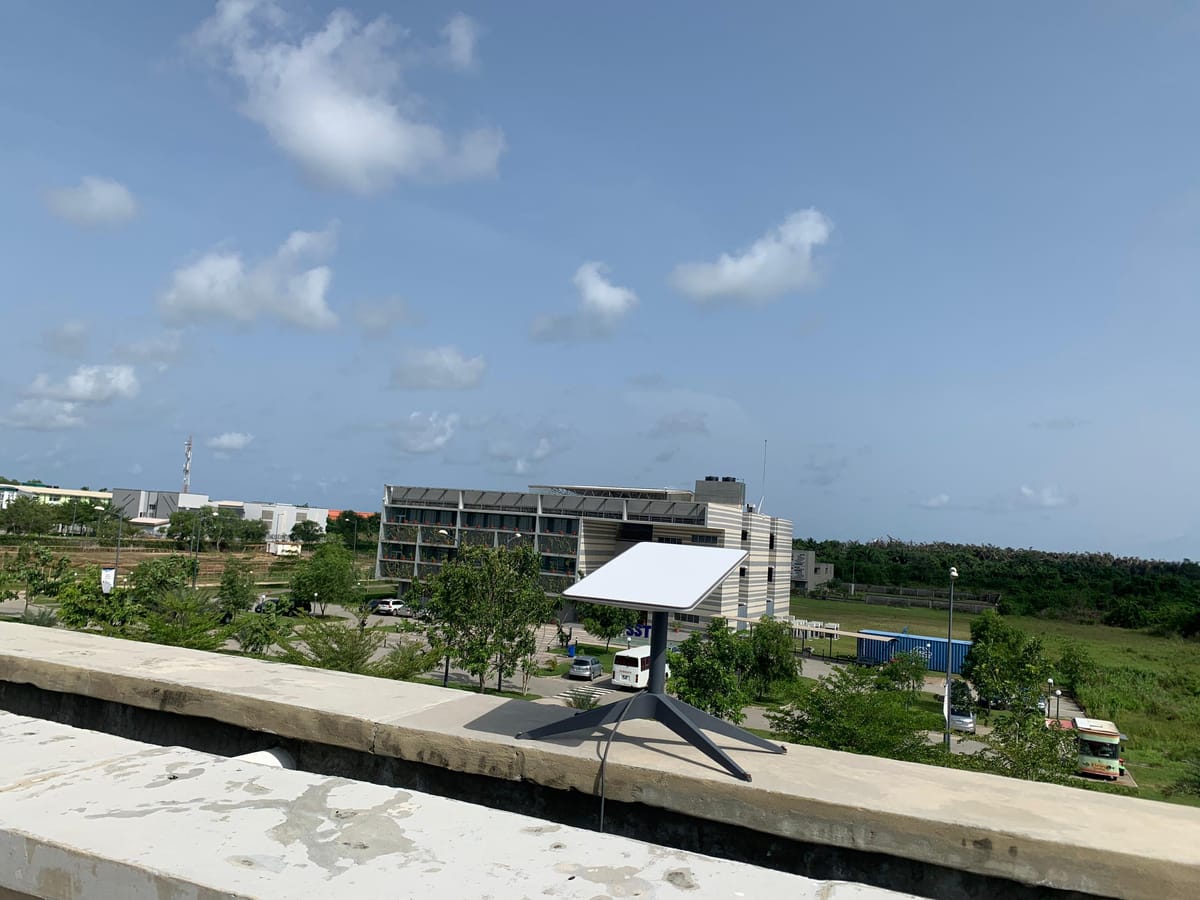After Zimbabwe, its Botswana granting Starlink a license
For both markets, licensing is a significant step towards improving digital infrastructure and reducing the digital divide

Botswana is the latest African country to grant Elon Musk's Starlink an operating license. The approval follows a meeting in Dallas, Texas between the service's executives and the country's leader, President Mokgweetsi Masisi.
This comes a couple of days after its Southern African neighbor, Zimbabwe, green-lit the service on the premises of it being among the pillars anchoring the country's development agenda for innovation, science, and technology.
But both approvals did not come without challenges. Just 3 months ago, the Botswana Communications and Regulatory Authority outrightly rejected Starlink's license application, citing missing information. The pushback culminated in a ban on the importation, sale, and use of the equipment in the country.
But a change of heart followed direct engagements between President Masisi and the SpaceX team at the just-concluded Africa-US Business Forum. Now emphatic about Starlink, he directed the Botswana Communications and Regulatory Authority (BOCRA) to fast-track its licensing.
Although Botswana boasts an internet penetration rate of above 70% and has one of the fastest internet speeds in Africa, it has one of the highest data prices in Africa. By licensing Starlink, it hopes to reduce these costs and improve internet access in remote and underserved areas.
In nearby Zimbabwe, Starlink kits were illegalised in January 2024. The Postal and Telecommunications Regulatory Authority of Zimbabwe (POTRAZ) warned that anyone found advertising or distributing them will be arrested. Regardless, people continued using the service, as the country has one the slowest internet speeds globally.
Neville Mutsvangwa, son of women’s affairs and community development minister, Monica Mutsvangwa, was arrested for possessing a Starlink terminal and appeared in a Harare court earlier this month on charges of violating the Telecommunications Act. Other penalisations, including that of a Chinese miner, were made.
On April 12, the service officially switched off. “You are currently using Starlink from unauthorized territory. As a result, Starlink has been directed by the Postal and Telecommunications Regulatory Authority of Zimbabwe (POTRAZ) to disable your service,” an email SpaceX shared with users explained.
It was last Saturday on an X post that President Emmerson Mnangagwa walked things back, saying he has “approved the licensing of Starlink by POTRAZ to provide advanced internet and related digital processing services in Zimbabwe through its sole and exclusive local partner, IMC Communications (Pvt) Ltd.”
Southern Africa remains the most Starlink-receptive region in the continent. Malawi, Mozambique, Zambia, and Eswatini have approved the service, with South Africa as a longstanding, conspicuous exception.






